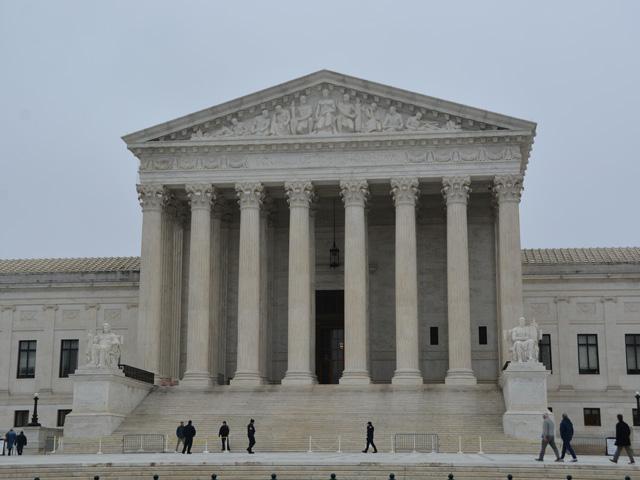DTN Oil
Oil Futures End November With Hefty Gains on Vaccine Hopes
WASHINGTON (DTN) -- On the last trading day of November, crude and petroleum products futures on the New York Mercantile Exchange and the Brent contract on the Intercontinental Exchange pulled back from multi-month highs scaled on successful vaccine developments against the COVID-19 virus and optimism over continued output cuts from the OPEC+ alliance as producers seek to balance the market against tightening mobility restrictions in the United States and the European Union.
On the session, U.S. crude benchmark for January delivery slipped 19 cents to settle just above $45 barrel (bbl) and registered a better than 20% gain this month. ICE January Brent futures expired 59 cents lower at $47.59 bbl and the February contract expanded its premium to 29 cents. The international crude benchmark posted an 18% advance in November. NYMEX December ULSD futures fell 2.46 cents to expire at $1.3559 gallon, while the January ULSD futures settled at a 1.55 cents premium to the now-expired contact. The December RBOB contract rolled off the board 3.31 cents lower at $1.2489 gallon and January RBOB futures settled at a 0.73 cent discount to December.
Monday's move lower comes as members from the Organization of the Petroleum Exporting Countries deterred decision on extending a 7.7 million barrel per day (bpd) production agreement until they meet with Russia-led allies on Tuesday, with markets bracing for difficult and tense negotiations among the 23-nation producer group. Discussions were mixed on extending the current agreement for three additional months and seen as a challenge in convincing the non-OPEC producers in the alliance to agree on holding off hiking their production as countries like Libya, Iran and Iraq continue to ramp up output.
P[L1] D[0x0] M[300x250] OOP[F] ADUNIT[] T[]
A Reuters' survey found production increases from Libya, Iraq and Iran among others once again drove the cartel's total output higher in November, up 750,000 bpd to 25.31 million bpd. Libya, in particular, boosted output to 700,000 bpd this month, a faster rebound than some analysts and OPEC officials expected.
Against this backdrop, first round talks among OPEC+ ministers held Sunday concluded without a decision on extending current cuts, with Russia and its close ally Kazakhstan reportedly backing the position to ease curbs by 2 million bpd beginning on Jan. 1, 2021, in accordance with original schedule of the agreement, a position opposed by Saudi Arabia and Kuwait.
Oil traders have priced in an extension of the current OPEC+ agreement for weeks, and any deviation from those expectations would be seen as a bearish development for global oil prices, with the increase in supply coming at a time of weak demand exacerbated by tightening quarantine restrictions across major economies.
Domestically, new COVID-19 infections continued to surge higher this month with majority of forecasting models pointing to a caseload well above 200,000 a day by mid-December. This could mean local governments and states would be further tighten mobility restriction to slow the spread of the disease, undermining already fragile recovery in fuel demand. Los Angeles became the first U.S. city to issue a "stay-at-home" order since the lifting of the nationwide lockdown six months ago.
"We are in the middle of a steep slope. States will have to do the kinds of restrictions to relieve the stress from the hospital capacity locally," said Dr. Anthony Fauci on Sunday.
Liubov Georges can be reached at liubov.georges@dtn.com
(c) Copyright 2020 DTN, LLC. All rights reserved.





